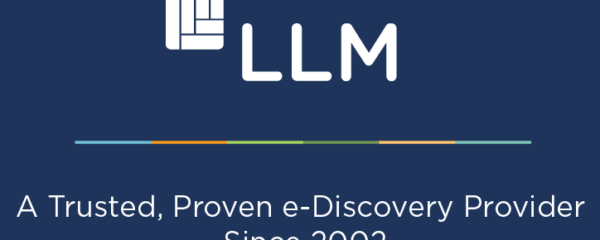On Feb. 27, 2018, twenty-three years to the day when he was first sworn in to the Southern District of New York, U.S. Magistrate Judge Andrew J. Peck announced his retirement. During his decades on the bench and as a frequent speaker at industry events, his influence was great on e-discovery.According to the New York Law Journal, fellow SDNY retiree and e-discovery giant Judge Shira Scheindlin considers Judge Peck “one of the original leaders” on e-discovery and the first to deal with the complex matter head-on.
As the Journal reports, in Anti-Monopoly v. Hasbro in 1995, Judge Peck wrote: “it is black letter law that computerized data is discoverable if relevant.”
“This opinion, said Kenneth Withers, deputy executive director at The Sedona Conference, marks Peck as ‘the first judge to actually identify e-discovery as a unique phenomenon.’”
In 2009, in William A. Gross Constr. Assocs. v. Am. Mfrs. Mut. Ins. Co., the judge tweaked attorneys that were slow to search terms.
“This opinion should serve as a wake-up call to the Bar … about the need for careful thought, quality control, testing, and cooperation with opposing counsel in designing search terms or ‘keywords …’”
In 2012, in Da Silva Moore v. Publicis Groupe & MSL Grp., Judge Peck issued the first court decision that approved the use of technology-assisted review (TAR) for e-discovery.
“Judge Peck stated that TAR was an ‘available tool and should be seriously considered for use in large-data-volume cases where it may save the producing party (or both parties) significant amounts of legal fees in document review.’”
A few years later in Rio Tinto Plc v. Vale S.A., Judge Peck generated buzz yet again when he referred to his 2012 decision and declared TAR’s use as “black letter law.”
Then in 2017, in his opinion in Fischer v. Forrest, Judge Peck sounded yet another wake-up call to attorneys.
“It is time, once again, to issue a discovery wake-up call to the Bar in this District: the Federal Rules of Civil Procedure were amended effective December 1, 2015, and one change that affects the daily work of every litigator is to Rule 34. Specifically (and I use that term advisedly), response to discovery must: state grounds for objections with specificity; an objection must state whether any responsive materials are being withheld on the basis of that objection; and specify the time for production and, if a rolling production, when production will begin and when it will be concluded.”
Judge Peck also tweaked the defendants for “meaningless boilerplate” when responding to requests by describing them as “overly broad and unduly burdensome.” Said the judge: “Why is it burdensome? How is it overly broad? This language tells the court nothing.” He then asserted that boilerplate objections have long been on their way out.
While Judge Peck is retiring from the bench, at 65, he’s hardly retiring.
DLA Piper announced that he will join their firm in an advisory capacity as senior counsel. It’s a move that the judge sees as his final one, which could bring a second career ranging from five to 25 years. He will also continue speaking on “the e-discovery circuit” and spend time developing guidance on e-discovery in litigation, investigations and dispute resolution through his nomination to the influential Sedona Conference Working Group 1 Steering Committee.
As DLA Piper quotes, Judge Peck is a proponent of “keeping one’s mind active” in the interest of “longevity.” Hear, hear, sir.






